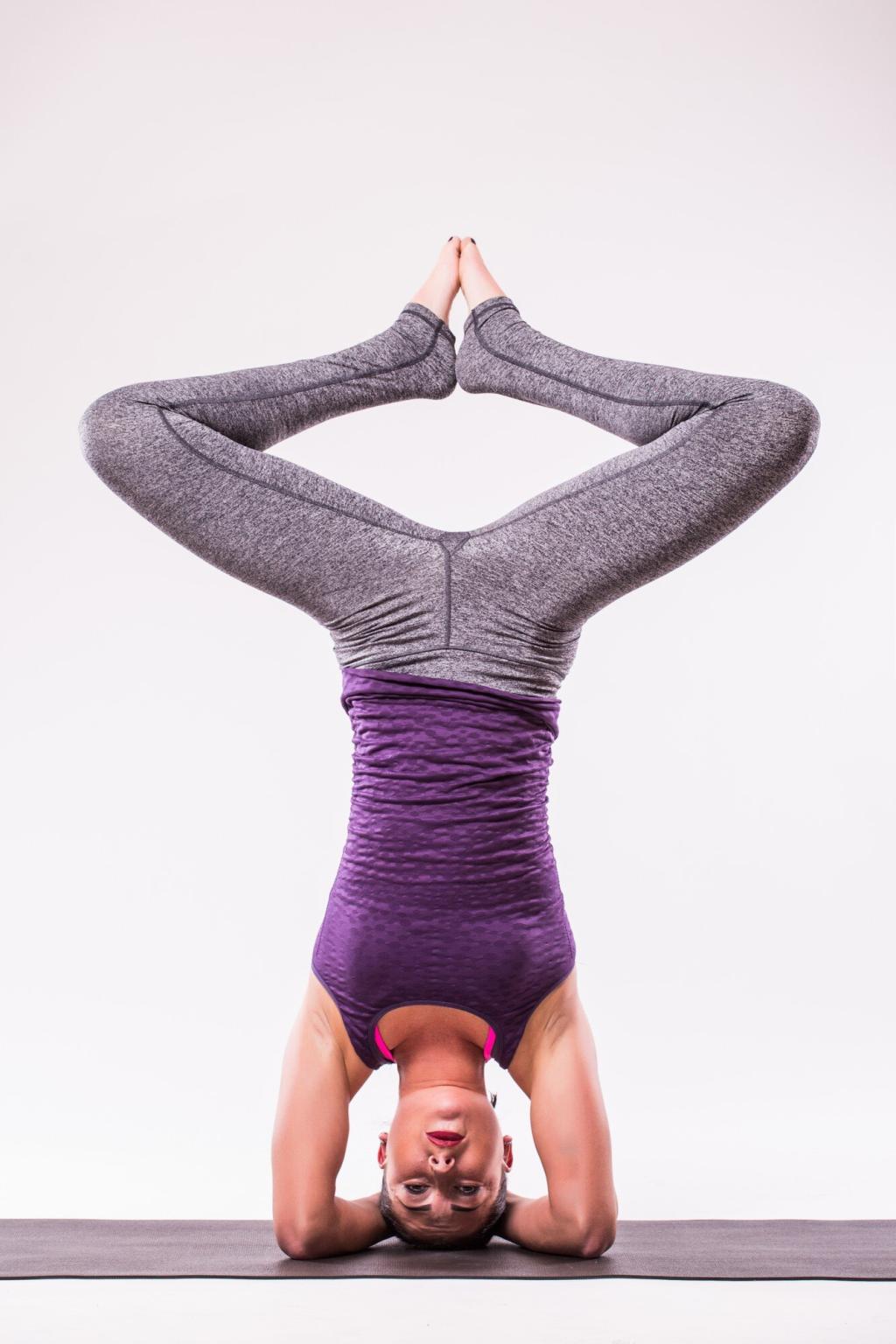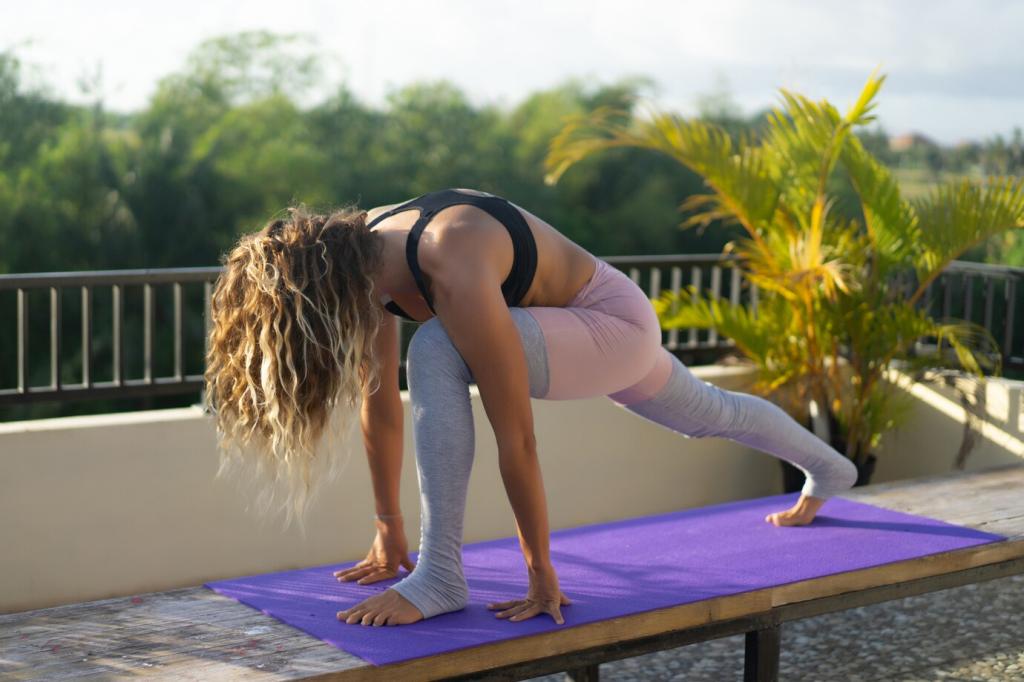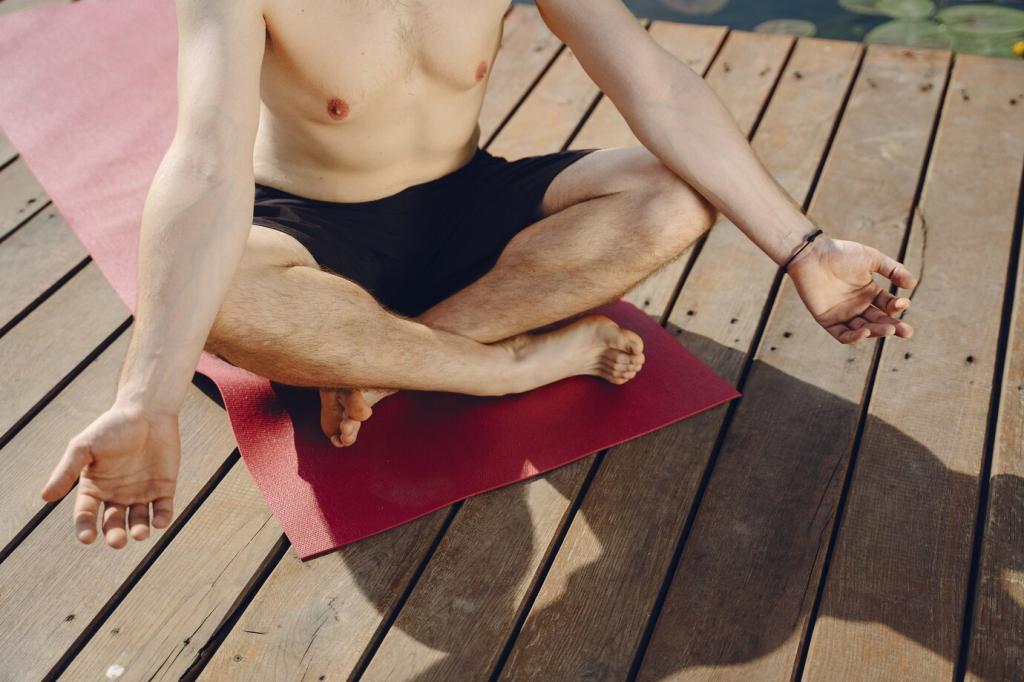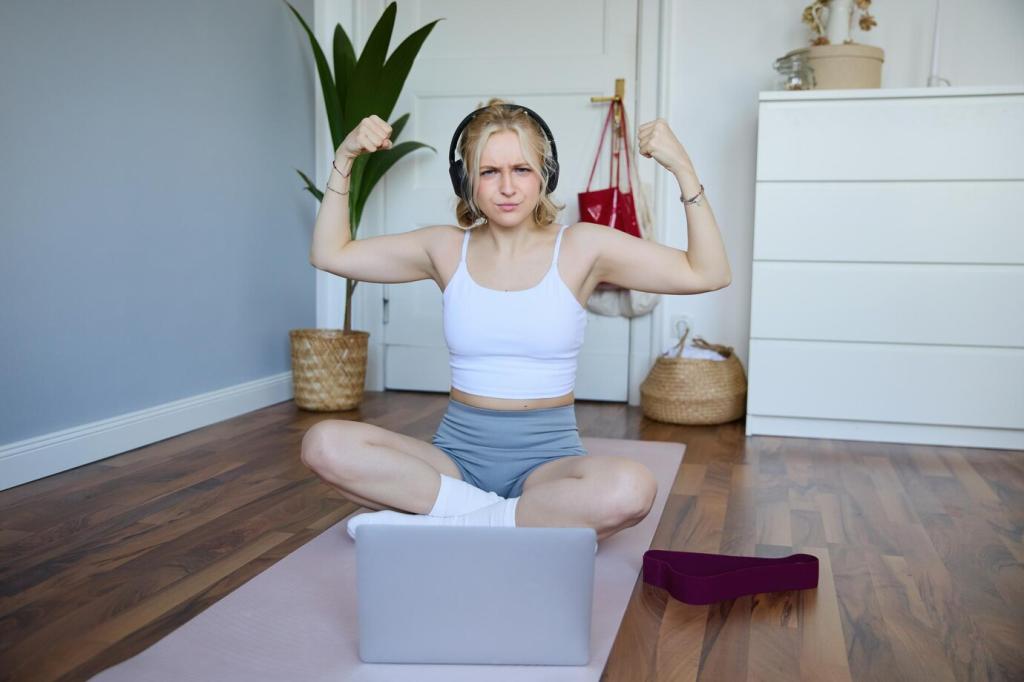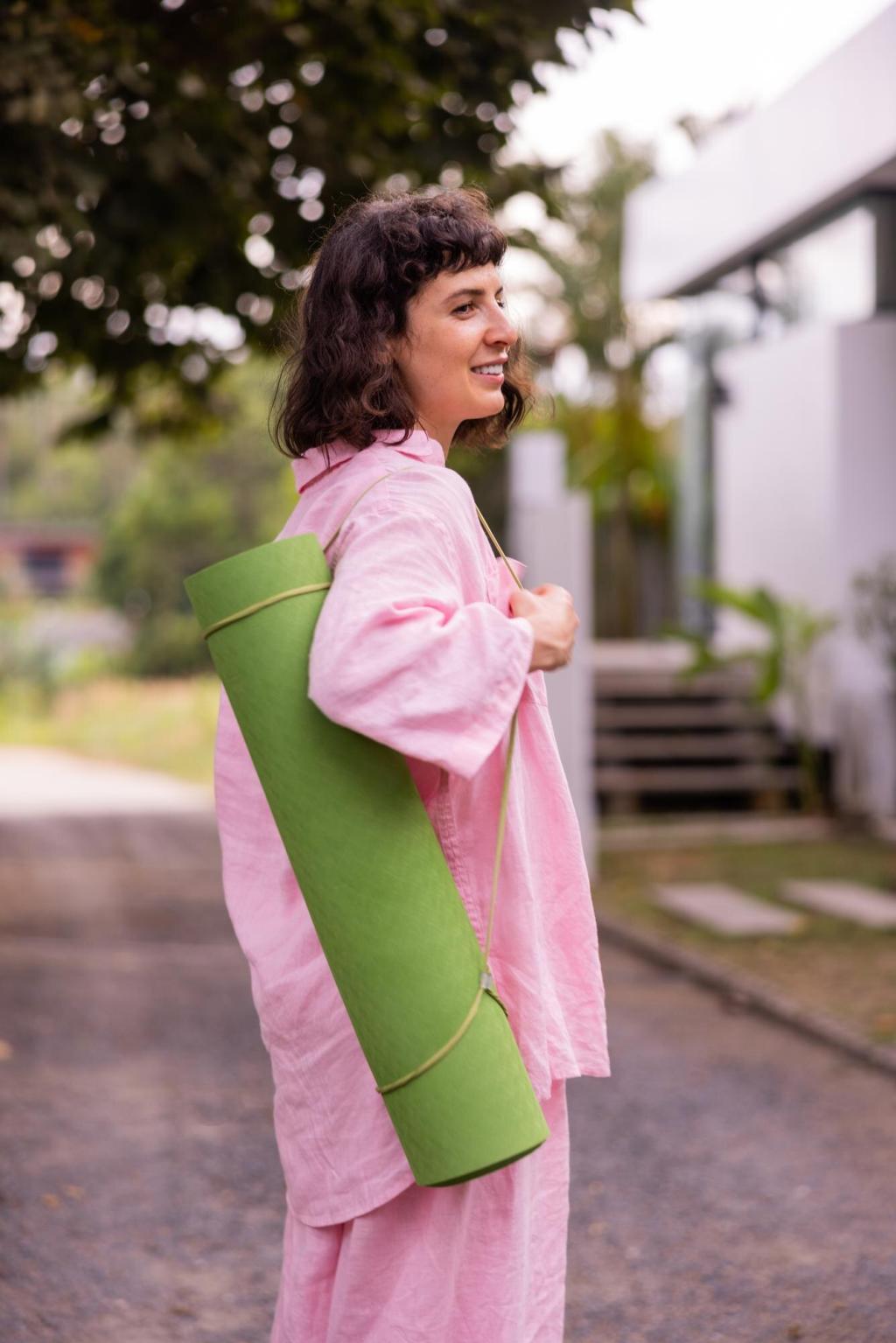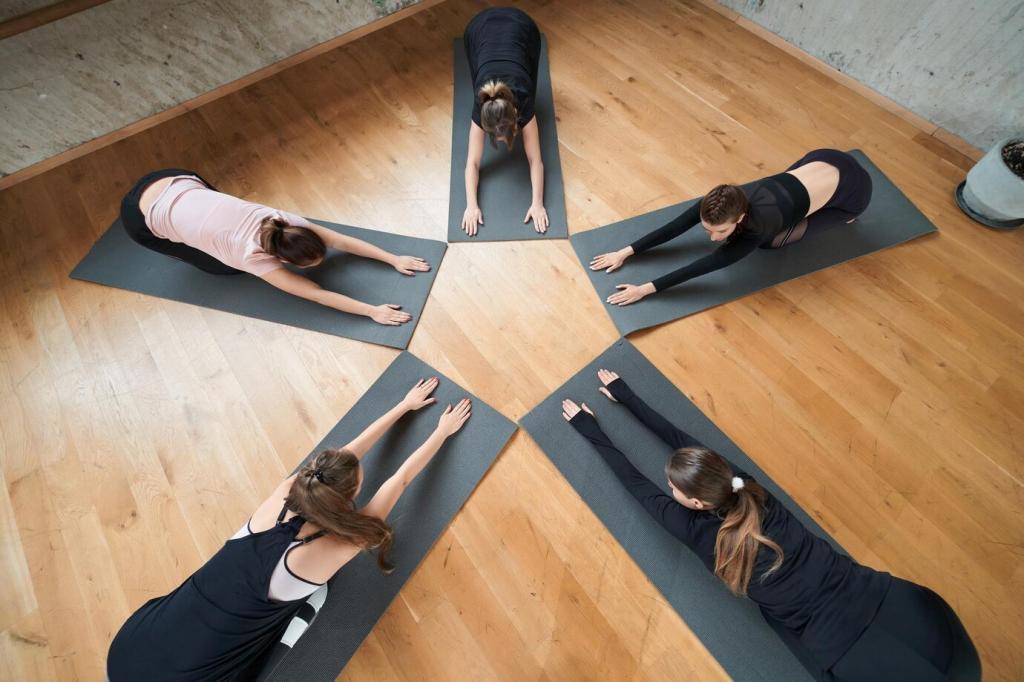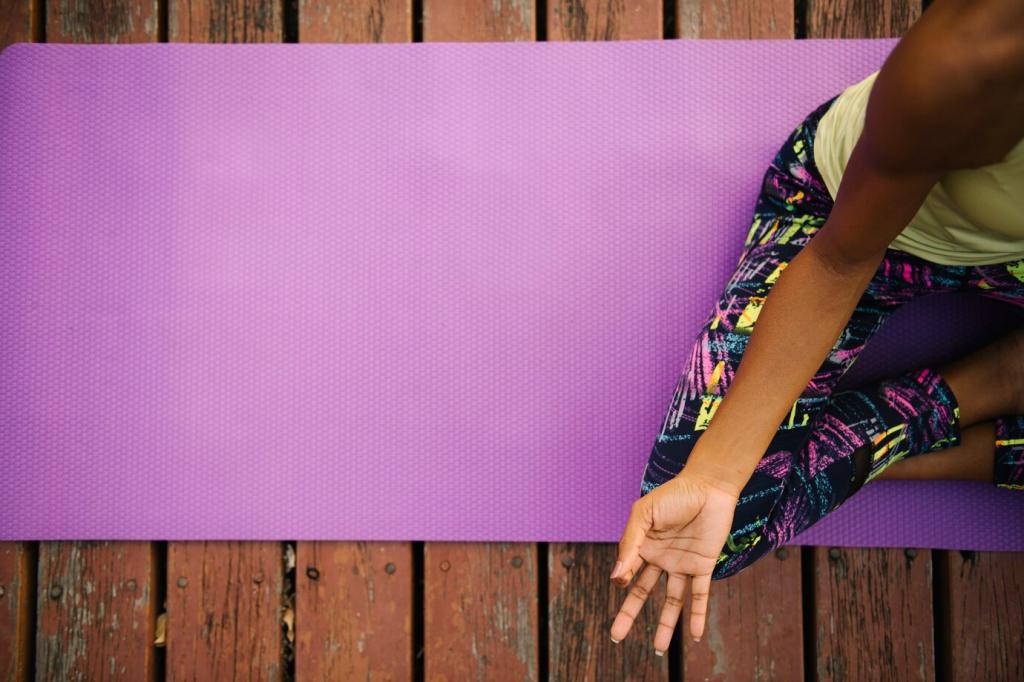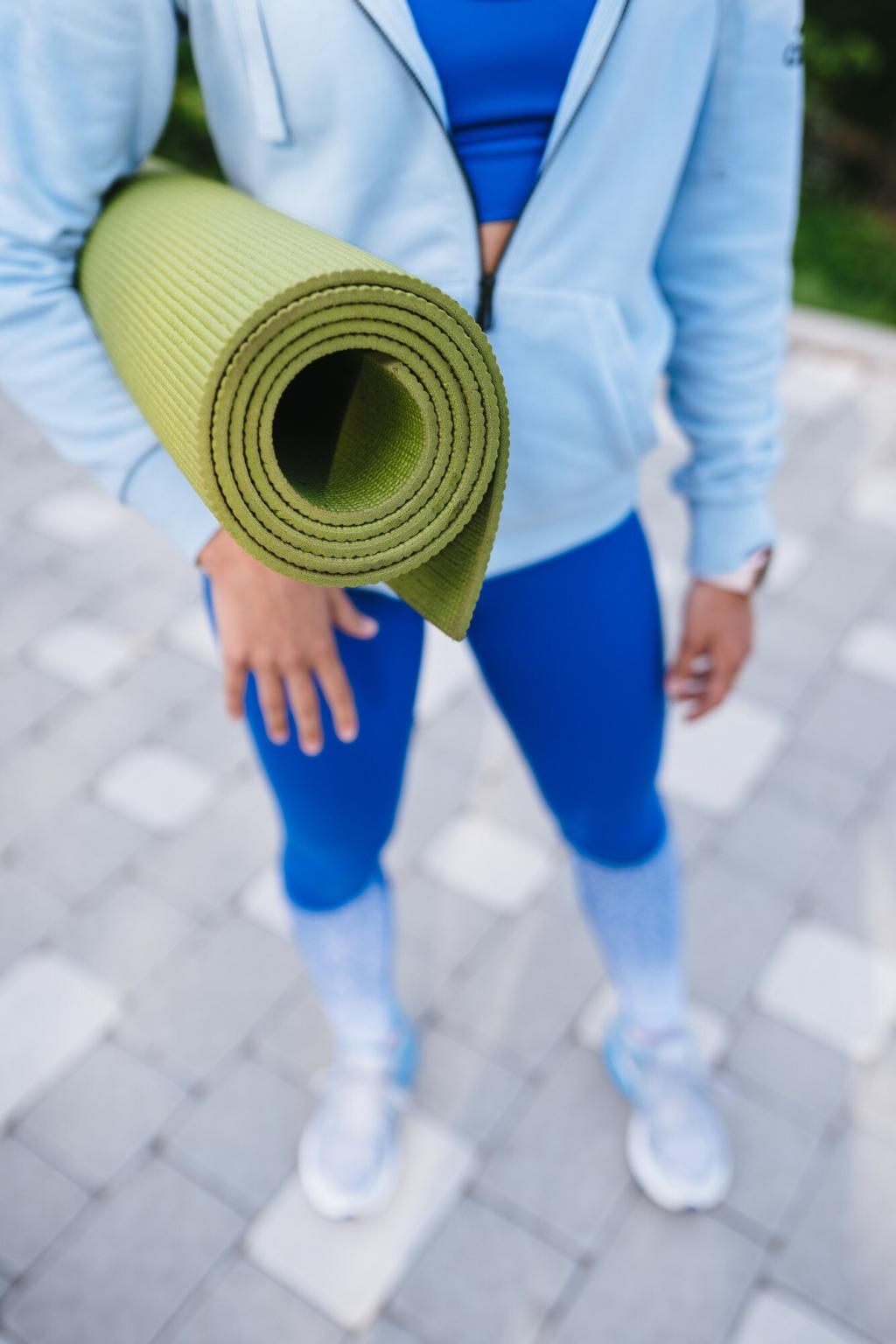Micro-Practices for Busy Days
Each time you pass a doorway, pause for two slow breaths. It marks a transition, lowers urgency, and protects attention for what matters next, including conversations that deserve patience and presence.
Micro-Practices for Busy Days
Before leaving the car or train, sit for sixty seconds of lengthened exhales. Notice feet, seat, and shoulders. This simple ritual prevents stress from hitchhiking into your home, protecting evenings for rest and connection.

